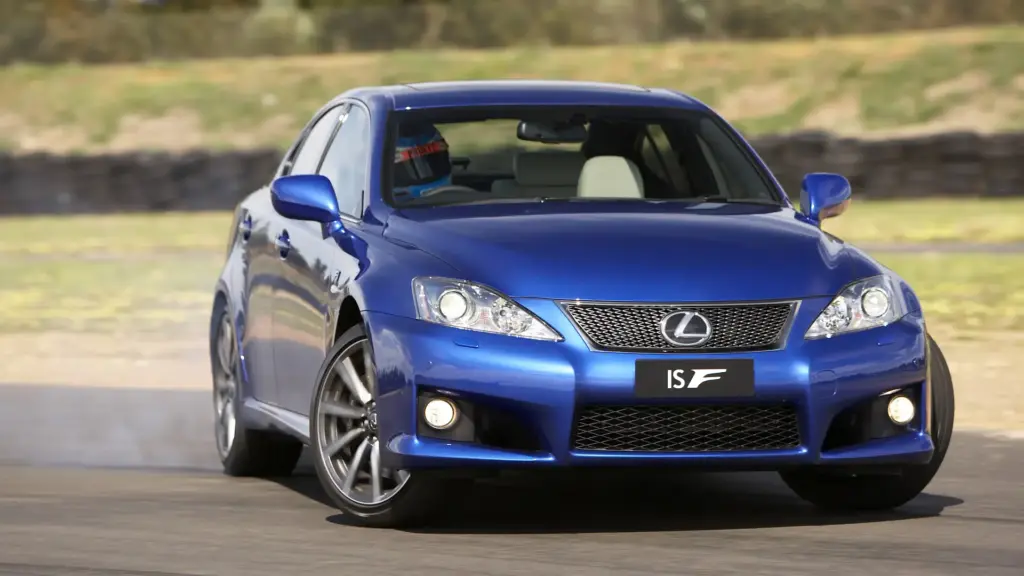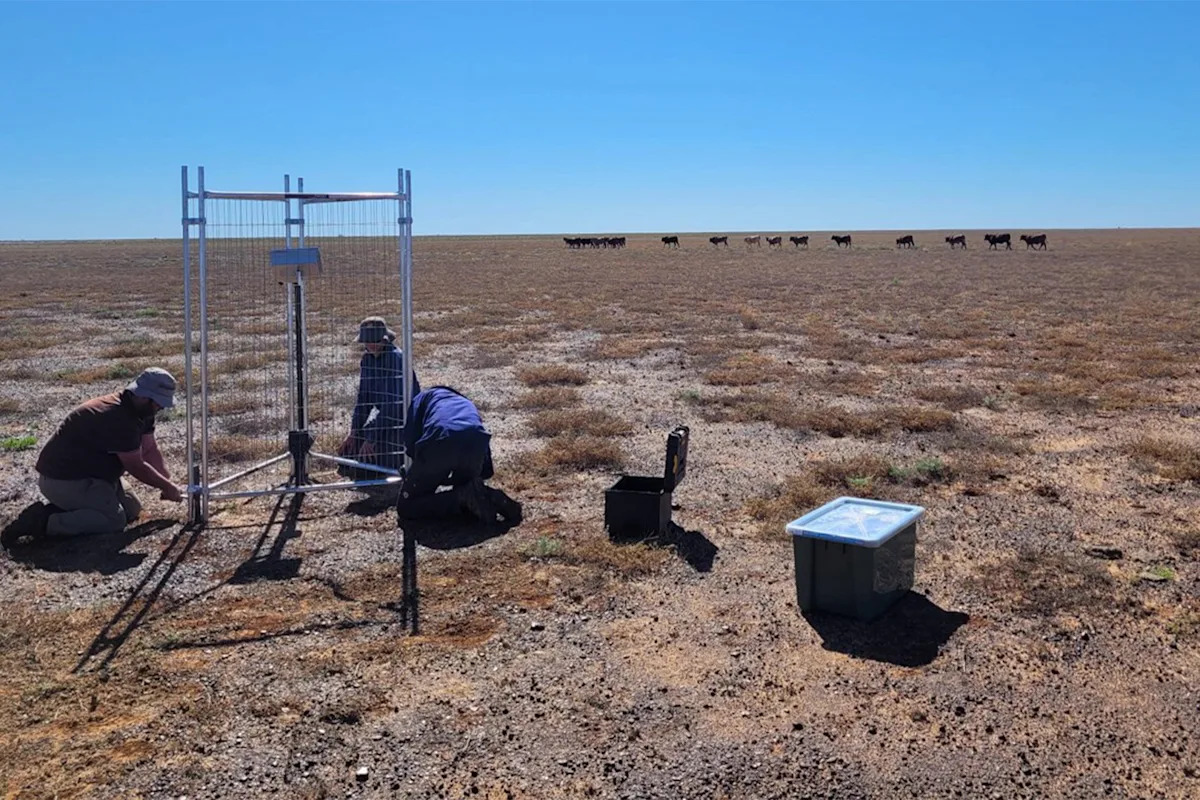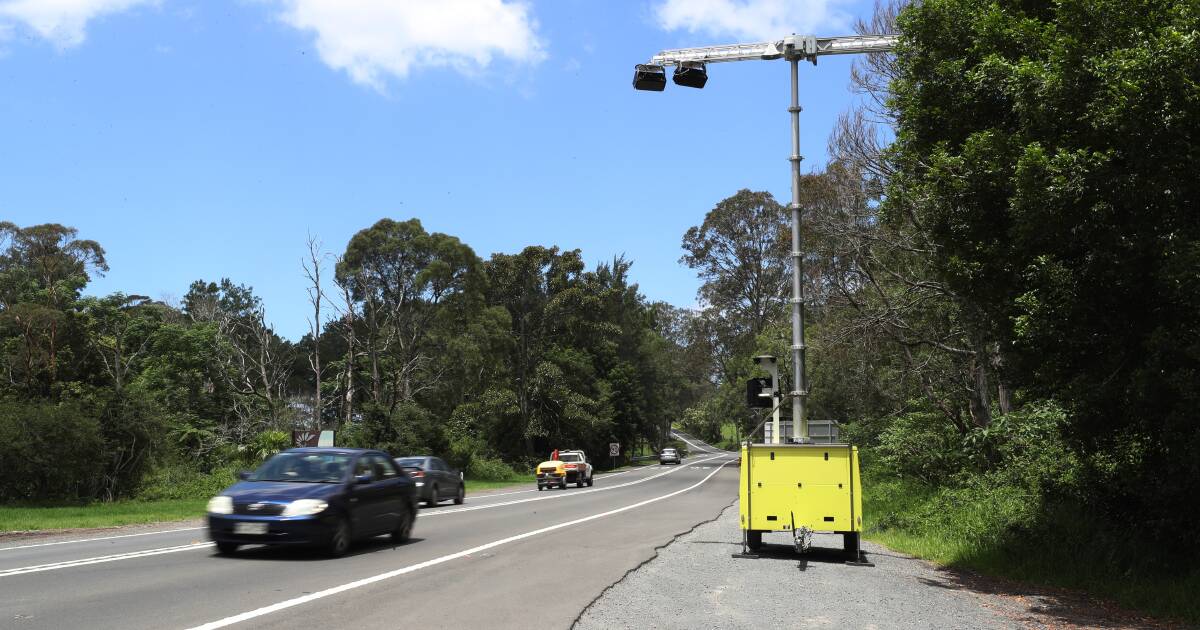
Japan’s Lexus F division, renowned for its high-performance vehicles like the RC F, GS F, and the iconic LFA supercar, may soon evolve into a software-driven experience within the next generation of electric cars. This revelation was shared by Takashi Watanabe, the global head of Lexus, during the Tokyo Motor Show, hinting at a significant transformation in the brand’s approach to sporty driving.
Watanabe described the F brand as “one expression” of Lexus’s sporty character, suggesting that its future lies in software-defined vehicles (SDVs). This shift raises questions about the continuation of the F brand as it is currently known, which has traditionally been associated with hardware-focused performance enhancements.
Transitioning to Software-Defined Vehicles
Watanabe emphasized that the “fun-to-drive, emotional aspect” remains crucial to Lexus, but the brand is exploring new ways to deliver value to customers. “Sports will be one of them,” he noted, hinting at a blend of traditional performance with innovative technologies. The move towards SDVs represents a new frontier for Lexus, where software could redefine the sporty experience.
The concept of F-Mode, a performance drive profile, exemplifies this transition. Although Lexus has not detailed F-Mode’s functionalities, it is presumed to offer an enhanced driving experience through software adjustments, aligning with the brand’s sporty ethos.
The Future of Lexus F Flagship Models
When questioned about the potential discontinuation of Lexus F flagship models, Watanabe remained non-committal. “We don’t have a specific type of a product plan,” he stated, emphasizing the focus on delivering value, whether through sportiness, performance, or driving pleasure. This flexible approach suggests that future Lexus models may not adhere strictly to traditional F car characteristics.
Lexus Australia, a significant market for the F brand, expressed optimism about the brand’s evolution. John Pappas, CEO of Lexus Australia, highlighted the brand’s historical success in the region, despite recent setbacks due to crash-safety regulations affecting models like the IS F and RC F.
Historical Context and Market Dynamics
Since the launch of the IS F in 2008, Lexus has been a player in the performance vehicle market, competing with established brands like BMW, Audi, and Mercedes-Benz. However, the discontinuation of models like the IS F and RC F in Australia due to safety regulations has impacted the brand’s presence.
Pappas reflected on these challenges, noting, “It was really unfortunate for us because we had the IS F, and now the IS we don’t sell anymore, because of the side intrusion issue. And then we also had the RC F, which was a great, great car.”
Lexus Australia remains hopeful for the future, with Pappas stating, “We haven’t given up on F. It’s still within our line-up.”
Implications and Looking Ahead
The shift towards software-defined vehicles signifies a broader trend in the automotive industry, where technology increasingly shapes the driving experience. For Lexus, this evolution could redefine what it means to be a performance brand, blending traditional values with cutting-edge innovations.
As the industry moves towards electrification and digitalization, Lexus’s approach could set a precedent for other luxury carmakers. The brand’s ability to integrate software-driven features while maintaining its sporty identity will be crucial in retaining its competitive edge.
In conclusion, the future of the Lexus F division may not be as hardware-centric as in the past, but its commitment to delivering a thrilling driving experience remains unwavering. As the automotive landscape evolves, Lexus’s innovative approach could redefine the boundaries of performance and luxury.







